Industrial Pesquera Santa Priscilla will expand, replace diesel equipment with electric alternatives and increase automation
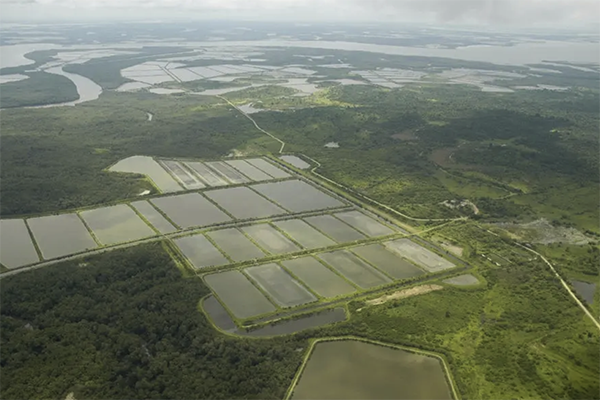
In a move to improve the Ecuadoran shrimp sector’s resilience, the International Finance Corporation (IFC) of the World Bank Group announced a $45 million loan to the nation’s top producer.
Industrial Pesquera Santa Priscilla S.A. will use the funds to expand and upgrade its infrastructure by replacing diesel equipment with electric alternatives and adding automation to increase productivity and support the nation’s climate targets.
“IFC’s long-term financing, not readily available for agribusinesses – especially for investments in electrification of farms – will help grow our operations,” said Raúl Estrada, Corporate Advisor of Santa Priscila. “With IFC’s support, we expect to increase productivity levels by more than 20 percent in terms of pounds of shrimp per hectare. IFC’s expertise will also help raise our operating standards in terms of environmental and social practices, corporate governance and insurance, boosting our sustainability to meet the dynamic market demand.”
The shrimp sector accounts for approximately 20 percent of Ecuador’s exports and 5 percent of its gross domestic product. However, it faces a range of challenges related to low productivity and reliance on fossil fuels. IFC’s funds will only be invested in farms that are adapted to replicate Aquaculture Stewardship Council (ASC) or Best Aquaculture Practices (BAP) certification standards, promoting good practices with sustainability benefits. Around 42 percent of the financing will contribute to climate mitigation, avoiding emissions of approximately 2,000 tons of CO2 equivalent annually.
“Addressing climate change and supporting long-term growth is a key priority for IFC in Latin America and the Caribbean,” Alfonso García Mora, VP of Europe, Latin America and the Caribbean for IFC. “IFC’s investment will support one of the leading shrimp producers in Ecuador to expand, adopt more sustainable farming practices, and upgrade its farm infrastructure. This will promote competition and productivity growth in this important export-oriented sector, catalyzing the greening of the shrimp sector to tackle future shocks.”
Follow the Advocate on Twitter @GSA_Advocate
Now that you've reached the end of the article ...
… please consider supporting GSA’s mission to advance responsible seafood practices through education, advocacy and third-party assurances. The Advocate aims to document the evolution of responsible seafood practices and share the expansive knowledge of our vast network of contributors.
By becoming a Global Seafood Alliance member, you’re ensuring that all of the pre-competitive work we do through member benefits, resources and events can continue. Individual membership costs just $50 a year.
Not a GSA member? Join us.
Author
Related Posts
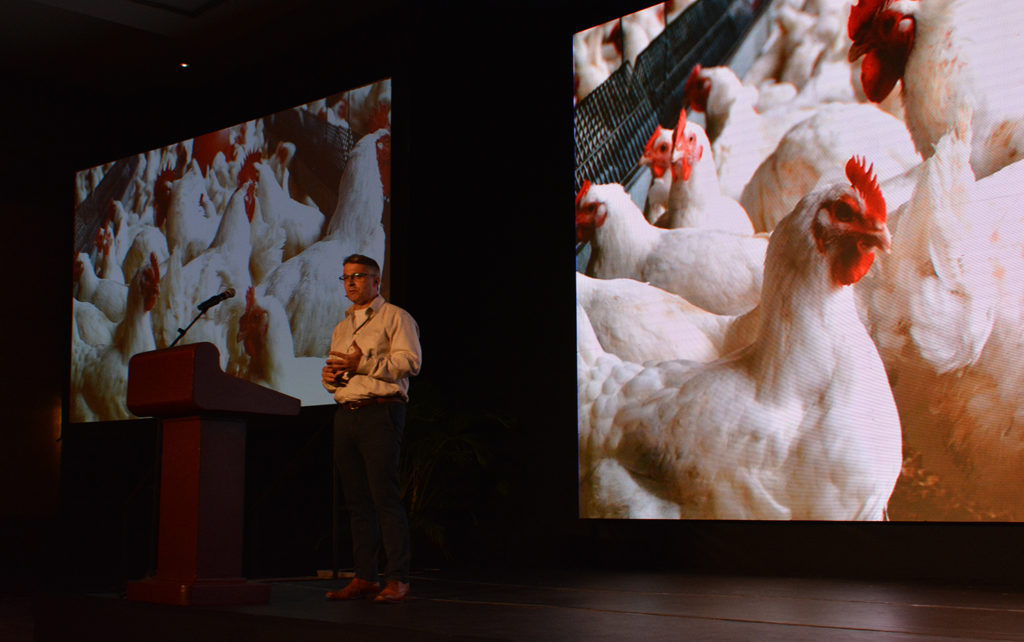
Innovation & Investment
At GOAL, a peek at potential aquaculture futures
At the Global Aquaculture Alliance’s annual GOAL conference in Guyaquil, Ecuador, unfamiliar topics gave aquaculture industry leaders something to chew on.
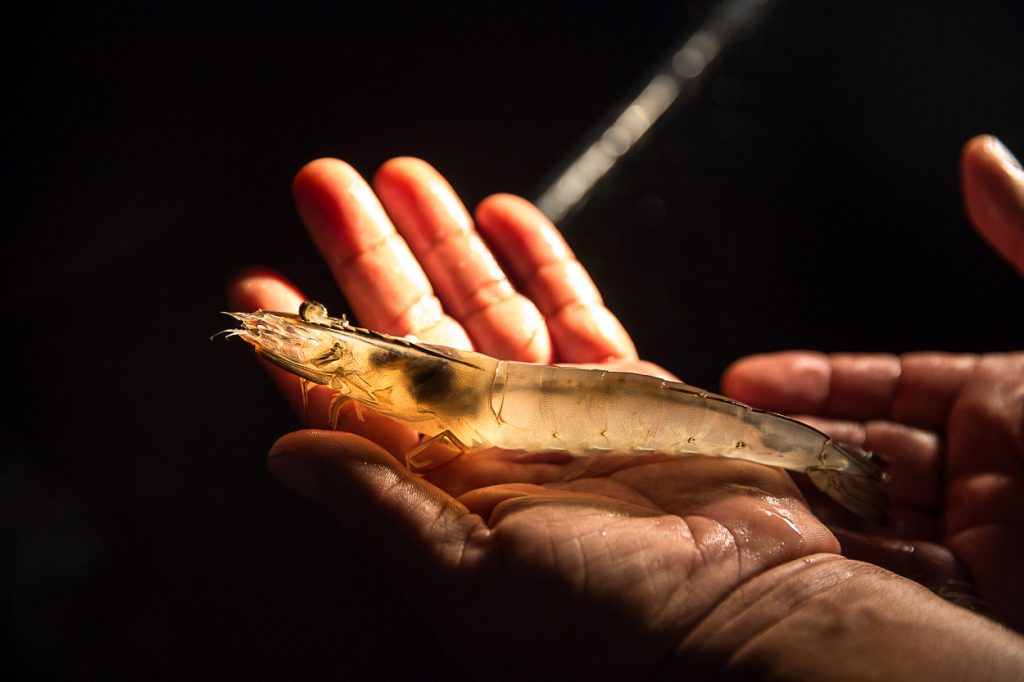
Innovation & Investment
World’s first fully integrated Pacific white shrimp genomic selection program established in Ecuador
The story behind the first wide-scale application of genomic selection at commercial scale for shrimp broodstock at Texcumar S.A.
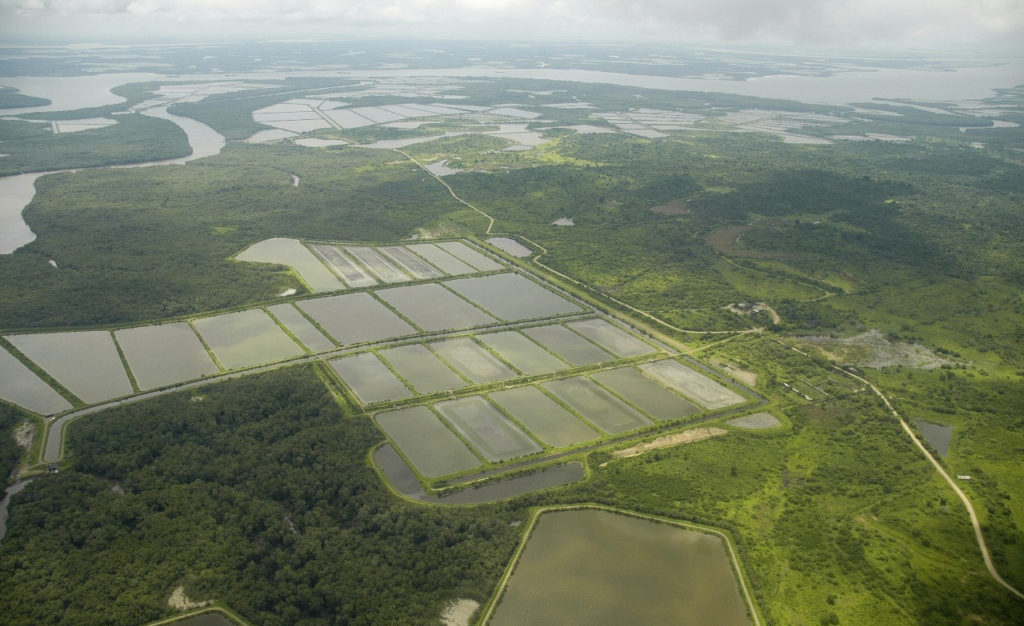
Intelligence
Shrimp farming industry in Ecuador, part 1
The history of shrimp farming in Ecuador, including technical development, genetic improvement, mangrove reforestation and sanitary barrier implementation.
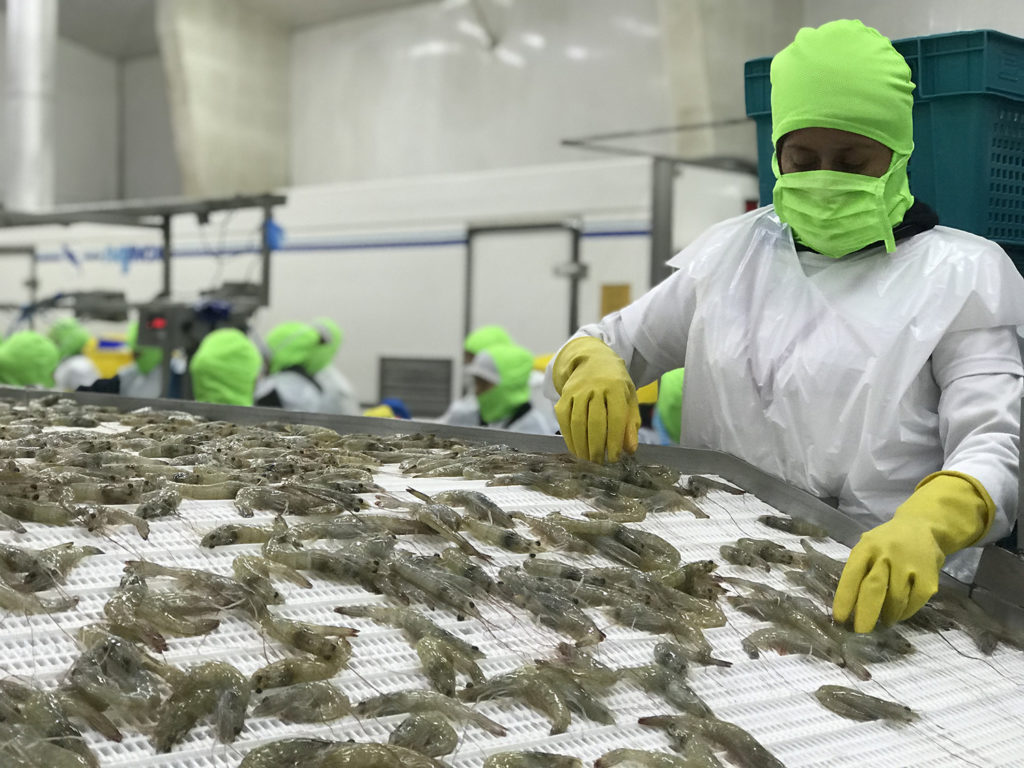
Intelligence
Ecuador’s shrimp industry clearing numerous hurdles in 2020
It’s been a trying year for Ecuador’s shrimp industry, which is fighting low prices, supply issues to China – its top market – and the COVID-19 pandemic.



